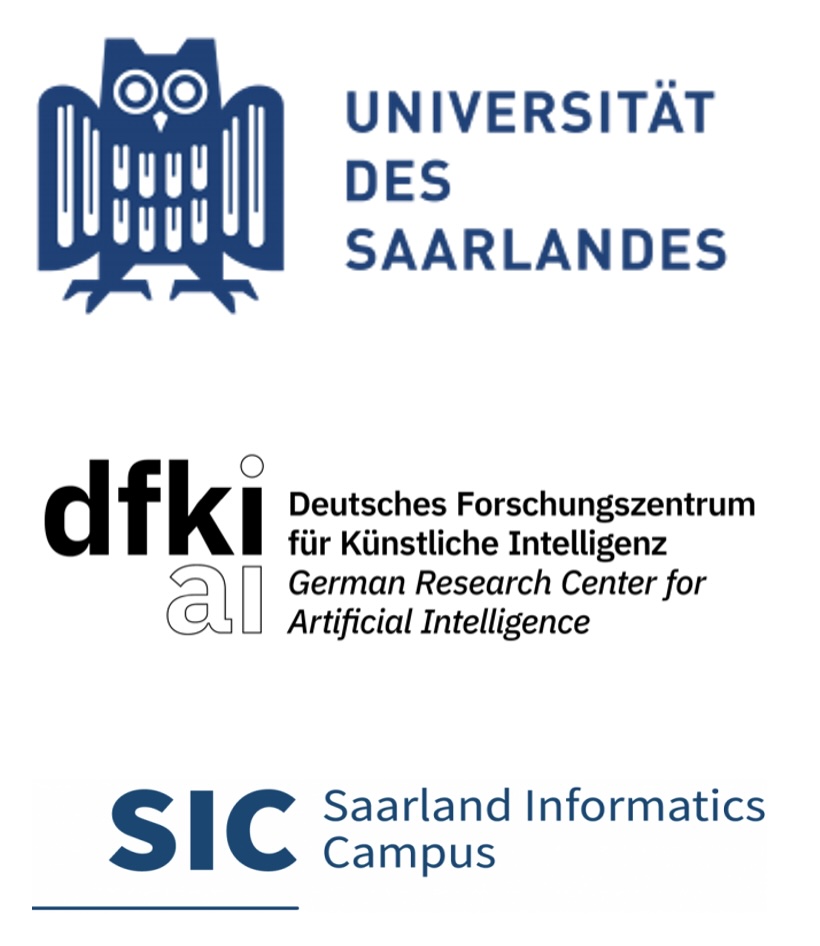Projects
Active Projects

3S Project - Identification of Sample Swapping in Doping
Anti-doping analysis is vital for combating cheating in sports, with the Athlete Biological Passport monitoring haematological and steroidal markers. WADA's (World Anti-Doping Agency) recent...
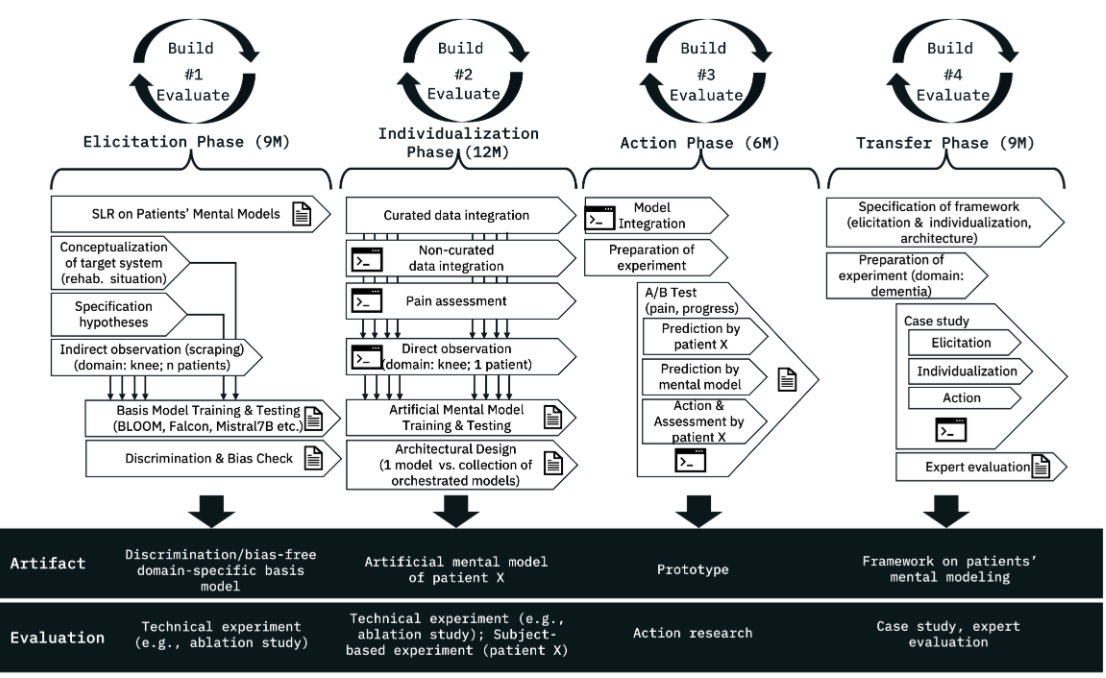
FedWell – Life-Long Federated User and Mental Modeling for Health and Well-being
Adaptive and personalized AI systems in healthcare rely on user and situational data to provide optimal support. However, patients facing illness, pain, or complex therapeutic decisions often...
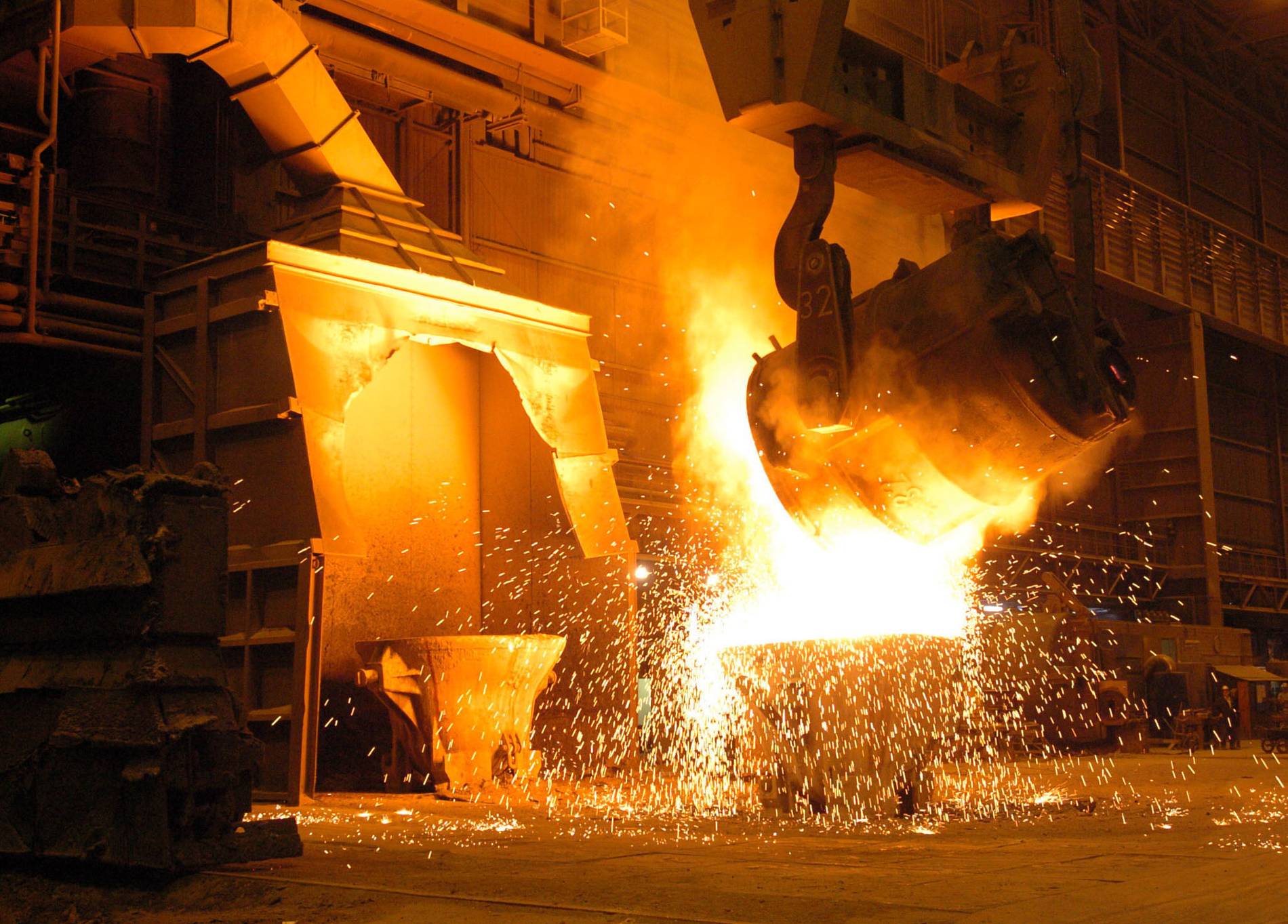
CircularSaar – Circular Economy Strategies for Saarland Industries
The CircularSaar project supports Saarland's transition towards a sustainable circular economy in industries like automotive, machinery, and steel. With €33 million in funding, this initiative is...
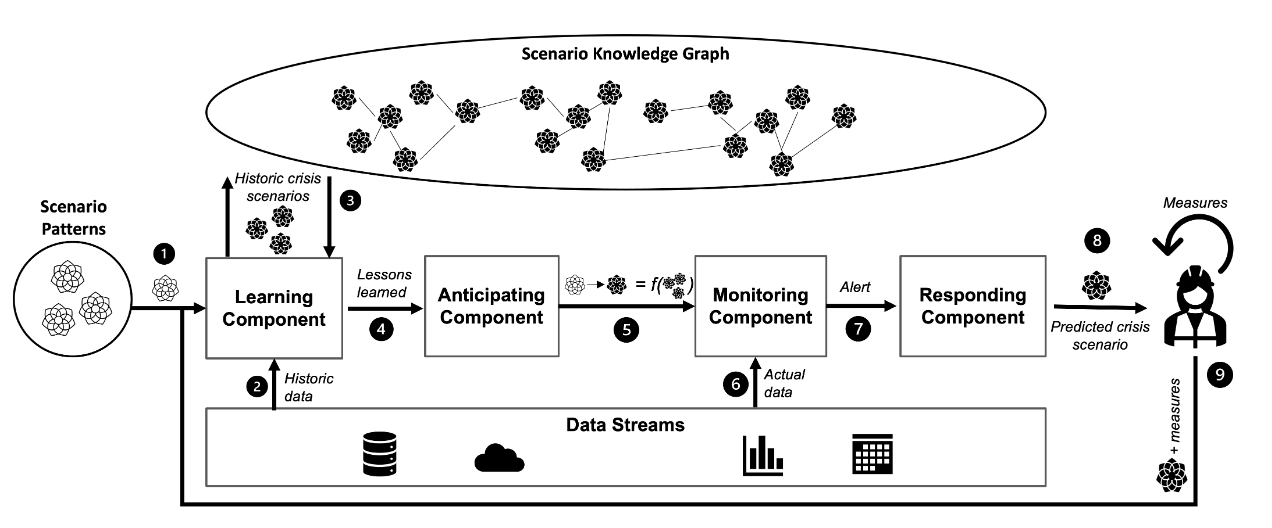
PAIRS – Privacy-Aware, Intelligent and Resilient Crisis Management
The PAIRS project, initiated by Advaneo and funded with €10 million, is developing an AI-driven crisis management data space. Its hybrid AI technology anticipates crisis events and reactions to...
3S-II (WADA)
AI-based Detection of Steroid Sample Swapping in the Anti-Doping Area and Analysis of the Associated Decision-Making Processes
MARVIN (German Sport University Cologne)
Development of AI-based Screening Tool to Detect Identical Urine Samples within the Athlete Biological Passport
DigiFlex (Transformationsfond Saarland)
Energie-Flexibilität für Industrie und Gewerbe durch Digitale Zwillinge
Completed Projects
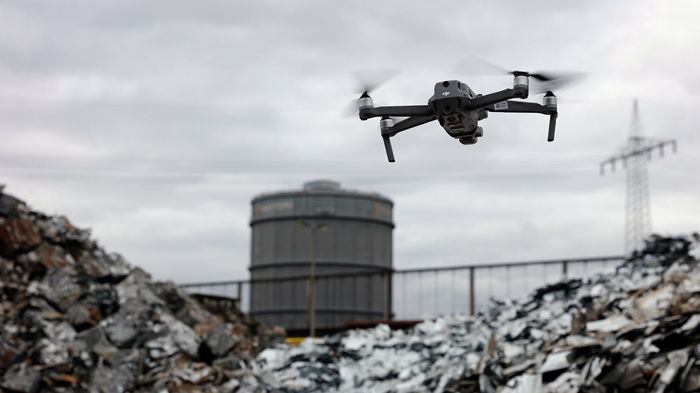
ESCADE – Smart Data Ecosystems
The goal of ESCADE (Energy-Efficient Large-Scale Artificial Intelligence for Sustainable Data Centers) is to...

QUASIM – Quantum Computing Enhanced Service Ecosystem for Simulation in Manufacturing
The goal of the project “QC-Enhanced Service Ecosystem for Simulation in Manufacturing" (QUASIM) is to develop and...
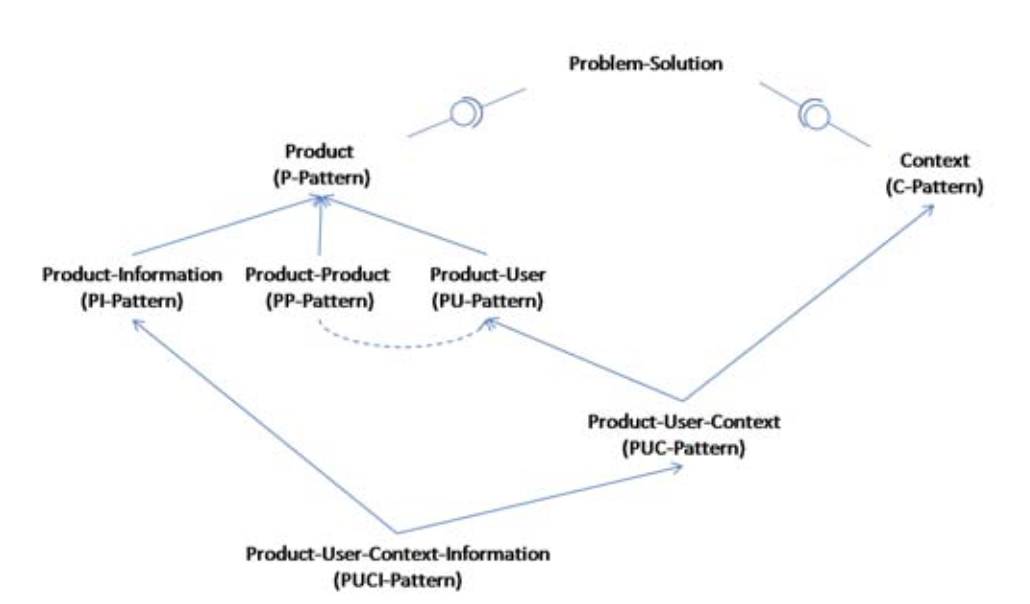
SmaPron – Smart Production Systems
SmaPron leverages IoT and AI technologies to enable intelligent, self-optimizing production systems for the...

EVAREST – Evaluating and Restoring Trust in AI Systems
EVAREST aims to optimize food production by leveraging comprehensive data analysis and integration. By enabling food...
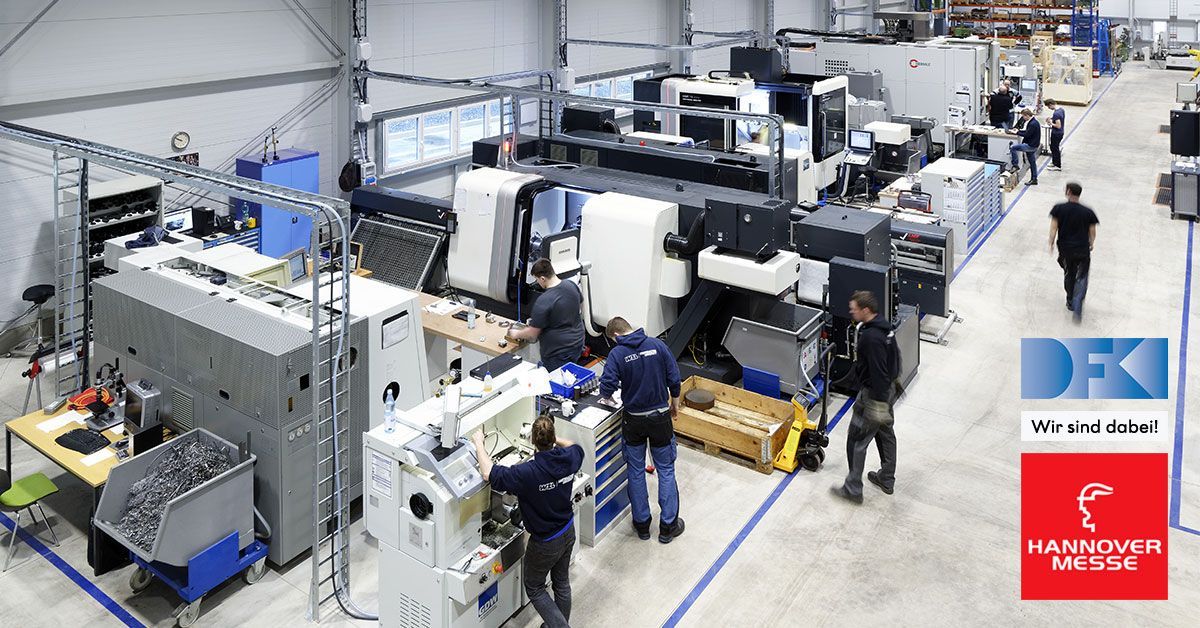
SPAICER – Scalable Adaptive Production Systems
Disruptions in production range from material quality issues and machine damage to power outages and workforce...

